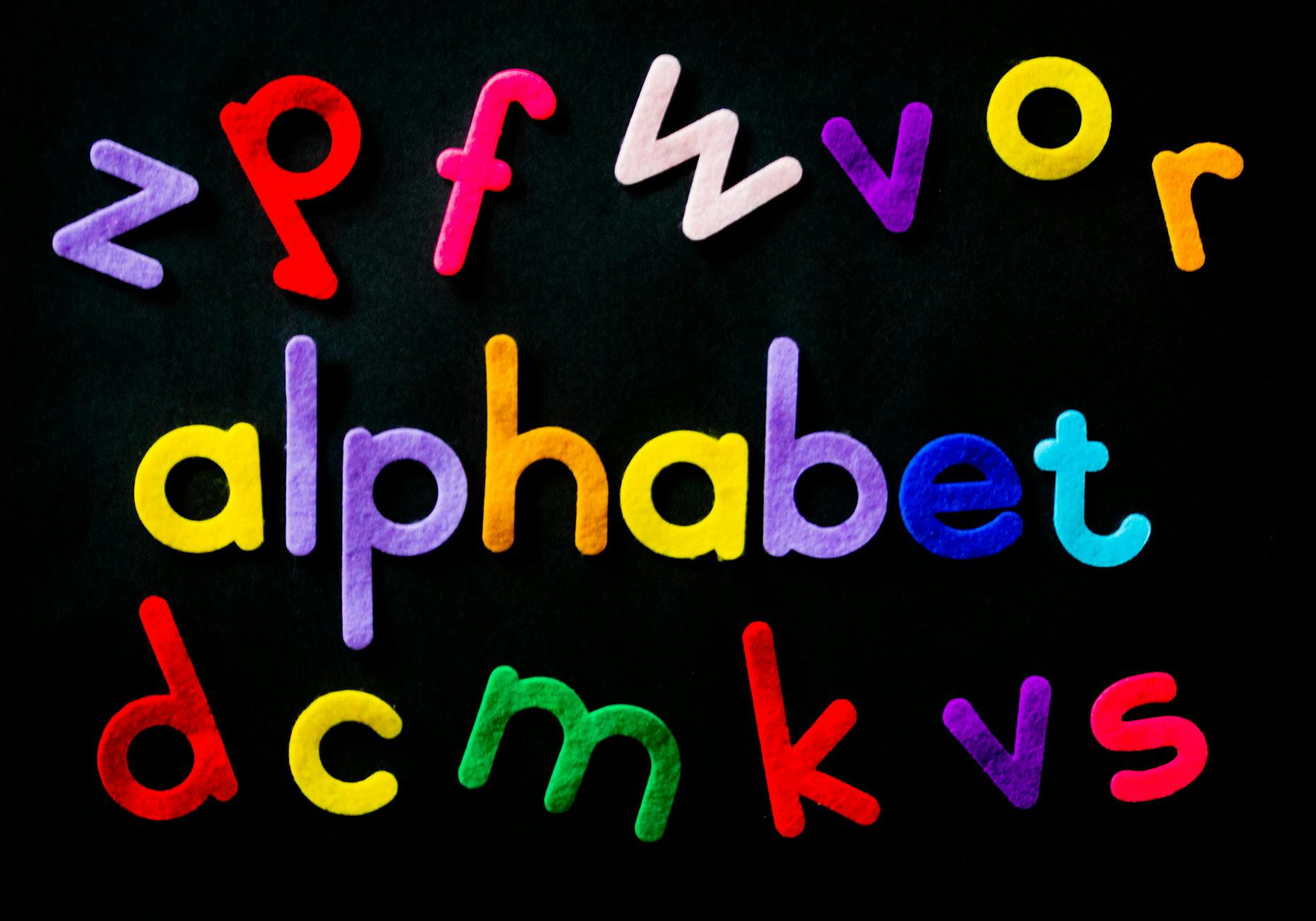How to Transition into Community Services Careers in Australia

Exploring Community Services Roles
Transitioning into community services offers a rewarding path for those looking to make a meaningful impact. You might find yourself drawn to opportunities that align with your values and passions, such as roles dedicated to supporting individuals in need. Melbourne is a hub for vibrant community events, like those hosted at Federation Square, which can serve as a perfect backdrop for immersing yourself in these careers.
Key Job Opportunities
In community services, there are myriad roles to explore, ranging from case management and social work to program coordination. Each role requires a unique set of skills and offers different ways to contribute to the community. You could consider pursuing a diploma of community services to gain the qualifications needed for many of these positions.
Skills Required
To thrive in community services, communication, empathy, and problem-solving skills are crucial. Your ability to connect with diverse individuals and understand their unique circumstances can make a significant difference. Engaging in volunteer opportunities at the Royal Botanic Gardens or joining educational workshops at Melbourne Museum can help you develop these essential skills.
Day-to-Day Responsibilities
A typical day in community services involves working directly with clients to provide support, developing tailored care plans, and collaborating with other professionals to address community needs. The dynamic nature of this work means that no two days are the same, offering you the chance to continuously learn and grow in your role.
Gaining Necessary Qualifications
Transitioning to a fulfilling career in community services requires certain educational benchmarks that empower you with the fundamental skills needed in this field. For those just starting, foundational courses, such as the cert 3 in individual support, can be a great entry point. This course equips you with the necessary knowledge to provide direct care and support to those in need, aligning closely with your desire to make an impact.
Introductory Courses
Start with community services courses that build the basics. These programs often offer insights into essential areas such as human rights, communication skills, and providing effective support within diverse communities. By focusing on real-world applications and foundational knowledge, such courses set the stage for future learning and more advanced qualifications in the field.
Certifications and Training
Acquiring certifications adds credibility to your profile, opening doors to more advanced roles. Consider additional training programs that delve into specialized areas like disability support or aged care, ensuring you are well-prepared for various professional responsibilities.
Online Learning Platforms
In this age of digital learning, online platforms play a crucial role in offering flexible education. They enable you to learn at your own pace, providing access to courses taught by experienced professionals. These platforms can be convenient if you're balancing other life commitments while aiming to transition smoothly into community services.
As you embark on this educational journey, think of the vibrant educational workshops available in Melbourne Museum. They embody the spirit of learning and exploration you should embrace as you acquire your necessary qualifications in the community services sector.
Building Relevant Experience
Volunteering Options
Transitioning into a community services role often begins with gaining practical experience, and Melbourne offers numerous volunteering opportunities. Engaging with local organisations can enrich your comprehension of key community needs and help you grow personally and professionally. The Royal Botanic Gardens, for instance, frequently organise volunteer programs where you can contribute to conservation efforts while simultaneously honing your interpersonal skills. Volunteering not only provides insight into the intricacies of community work but also allows you to apply the skills you’re acquiring through your studies.
Internships and Work Placements
Internships and work placements are invaluable for those seeking hands-on experience in community services. They offer a structured environment where you can learn from seasoned professionals. In Melbourne, numerous NGOs and community service organisations offer such opportunities, providing insights into everyday operations and allowing you to contribute meaningfully. These experiences are a testament to your commitment and make your resume stand out to potential employers.
Networking Opportunities
Building a professional network is crucial for your career pivot. Attending community-focused events and educational workshops, like those hosted at Melbourne Museum, provides excellent opportunities to connect with industry insiders and mentors. Such events often present the chance to ask questions, share experiences, and gather advice on navigating the community services landscape. You're not only gaining contacts but also participating in a shared mission to better serve communities.
Engaging deeply with these hands-on experiences will provide the foundational awareness and confidence needed as you explore a meaningful career in community services.
Navigating Common Challenges in Career Transition
Balancing Time and Commitments
Venturing into community services while maintaining your current commitments can feel like juggling at Federation Square on a bustling day. One effective strategy is to create a structured schedule that allows for flexibility. Embrace Melbourne's vibrant lifestyle by attending community events to network and gain insights. Also, utilising resources like workshops at Melbourne Museum can help you seamlessly integrate new learning into your daily routine. Stay focused and break your goals into manageable steps.
Overcoming Inexperience
Feeling inexperienced can be daunting, but remember that every professional has faced this hurdle. Volunteering at places like the Royal Botanic Gardens not only builds your skills but also connects you with seasoned professionals who can mentor you. Additionally, consider reaching out for feedback after each volunteer experience to enhance your community services skill set. Embrace each experience as a learning opportunity and watch your confidence skyrocket.
Navigating Career Barriers
When shifting to community services, barriers may appear, but resilience is your greatest ally. Regularly attend career workshops at locations such as the Melbourne Museum to keep updated with industry trends and practices. Networking with fellow change-makers at community events provides support and potential job leads. Remember, your unique perspective is a valuable asset. Embrace your journey, leveraging the inspiration and cultural richness Melbourne offers, and foster connections that propel your transition forward. Ready to empower? Let's make a difference together!


